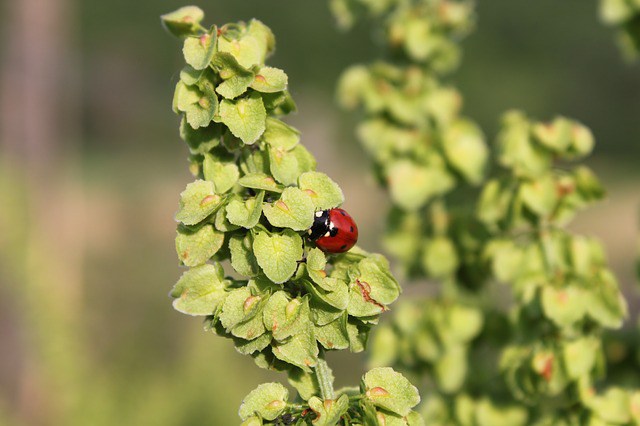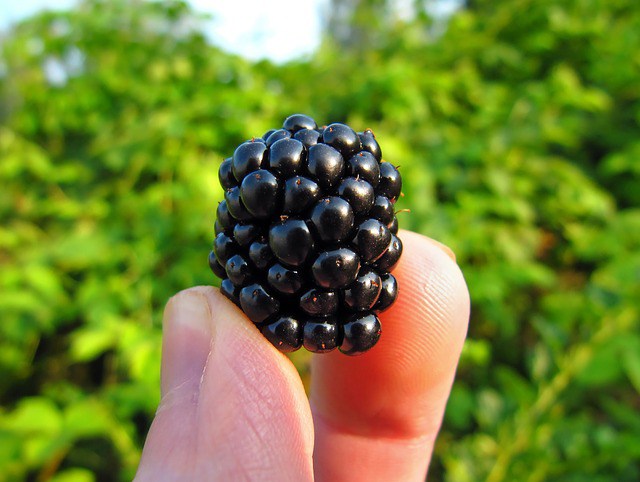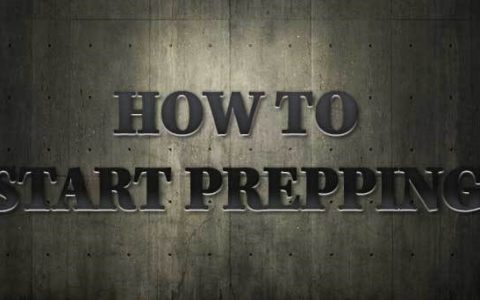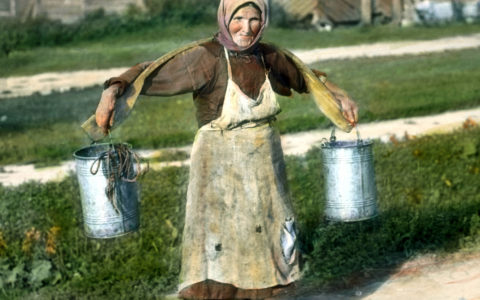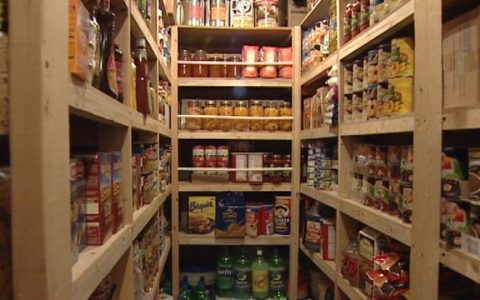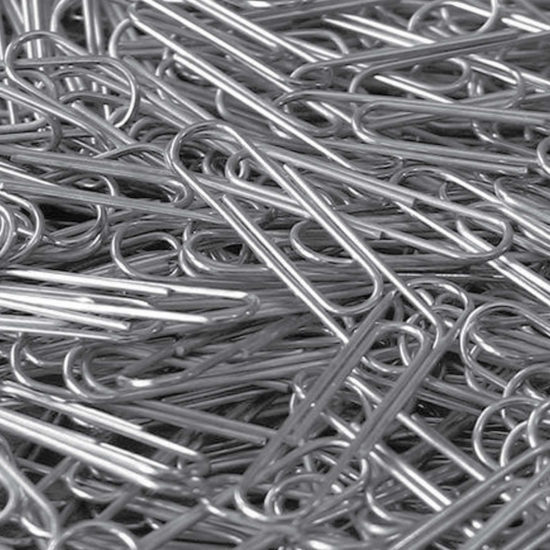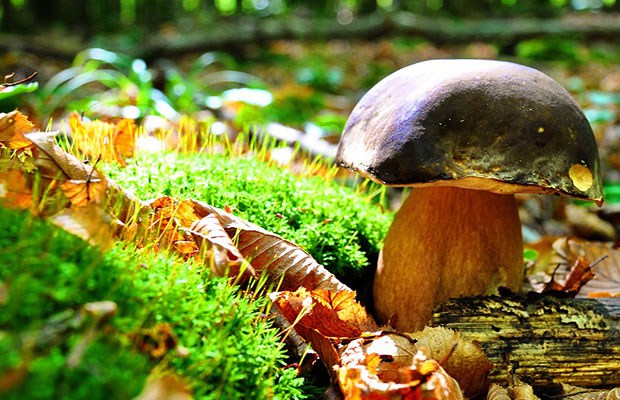
Let’s face it, food can be heavy and bulky, even if it’s MREs or dehydrated. Other things may take precedence, like equipment and medicine for someone with special needs, or maybe you are just not able to carry much when you bug out. Carrying some fishing line and a few hooks is much easier than carrying cans of fish! While you may not feel confident that you can catch enough fish to survive, adding plants and occasional meat will keep you alive and even thriving.
A lack of food doesn’t have to mean your starvation. Nature provides food in abundance if we know where to look, how to get it and what to do with it once we’ve got it.
Different foods are available in different seasons and every area has its own wild food so you will have study up on what grows where you are, both plant and animal. Now is the time to find out what all those plants and animals are and how you can use them. The more sources you have for food, the better your chances of survival, not to mention you’ll be happier with a bigger variety of food.
Here are some basic guidelines to get you started, but don’t stop here. Go looking for information that’s specific to your area. Be sure you can identify plants. Most plants are not poisonous, but it only takes one to cause real trouble. Don’t rely on just one guide, but compare several. Look in books and on the internet, and, if you’re lucky enough, get someone who knows to show you.
Winter:
Summertime is the most abundant, but don’t think that just because it’s winter you’ll never find anything to eat. Roots of certain plants are still available in many areas. Even if the ground is frozen, you may be able to dig roots from under the tree canopy because the ground is covered with leaves and needles, creating a protecting mulch. What plants? Look for dandelions, daylilies. You may find cattails standing in partially frozen or thawed water. It will be cold work to get them, but cattail roots can be eaten if you boil and remove the fibers. Dandelions are the hardiest of small plants, with long taproots which can be boiled and eaten or roasted and ground into “coffee.” Daylilies have tubers that taste something like potatoes. There are no doubt other plants in your area with edible and otherwise useful roots or tubers.
You can fish and hunt in the winter if you are prepared, which means that you will need fishing line and hooks and a method of killing game, whether it’s a gun, bow and arrow, spear or a good slingshot. What’s in your area? Whether it’s squirrel, deer, pheasant or robin, find out the best way to hunt and prepare it.
Spring:
If there is dock growing in your area, it’s the first “green” out. Learn to recognize it and you’ll have a tasty dish before anything else appears. Spring is the time to stop digging dandelion roots and let the leaves grow. Use them raw or cooked, plain or fancy. Dandelion blossoms are edible, too. Lambsquarter is young and tender, wild lettuce and mustards are waking up. Learn what they look like and try them out this spring.
In late spring, watch for maple “helicopters,” those whirly seed bearing things. They are not only edible, but delicious when young and tender. Look for more edible trees in your area.
Chicken eggs are not the only edible eggs. If you observe birds nesting and can get to the nest the first or at least the second day, the eggs will be perfectly edible. Scramble, boil, fry or use them to leaven bread. Also look for duck and goose eggs in the spring. Larger eggs will go farther, of course, but may be harder to find.
Summer:
This is nature in all its glory. You may see purslane, mallow and more to go along with the rest. Dandelion leaves will be bitter now, so best leave them alone until fall, when you can dig roots again. Check out your local flora because there is a lot growing, from wild fruits to greens. Avoid digging roots of any kind in the summer so plants can produce above ground. Almost every area has wild fruit of some kind.
Hunting is not usually done in the dead of summer for a couple of reasons. First, animals are raising their young then and if you kill the mother, the babies will die, too. Secondly, disease is more common in the summer and eating a diseased animal can be deadly. If you stick to fish and eggs when you can find them, you’ll be much safer.
Fall:
Fall is harvest time in wild nature as well as in your backyard garden. Everything that didn’t mature during the summer is maturing now. Here’s the flour for the bread mentioned above. Lambs-quarter seed will ripen slowly. Dock will have already seeded out. Other wild grains will be there if you look for them. Now is the time to do your homework so you’ll know what they look like. Gather them in abundance if you can, then winnow and grind them (with two stones if you must). Using birds eggs for leavening and adding some hulled wild sunflower seed can make bread that is so satisfying you may not need anything else.
You can start digging dandelion and other roots now, too. Fall is a time of real abundance in a way that summer can’t be. It can provide boiled roots, baked bread, and still enough fresh food for a salad or pot of greens. If you are out there in the fall, prepare like our ancestors did and gather a lot more than you think you will need. If you’re there through the winter, you’ll be glad for the variety.
Sure, you won’t be the only one out there looking for food, but if you’re smart, you will know more than most about which wild plants are edible and how and when to use them, and you’ll have enough experience in fishing and hunting so the thought doesn’t scare you.
Food is critical to survival; carrying it on your back is not.
Other self-sufficiency and preparedness solutions recommended for you:
The vital self-sufficiency lessons our great grand-fathers left us
Knowledge to survive any medical crisis situation
Liberal’s hidden agenda: more than just your guns
Build yourself the only unlimited water source you’ll ever need
4 Important Forgotten Skills used by our Ancestors that can help you in any crisis
Secure your privacy in just 10 simple steps



